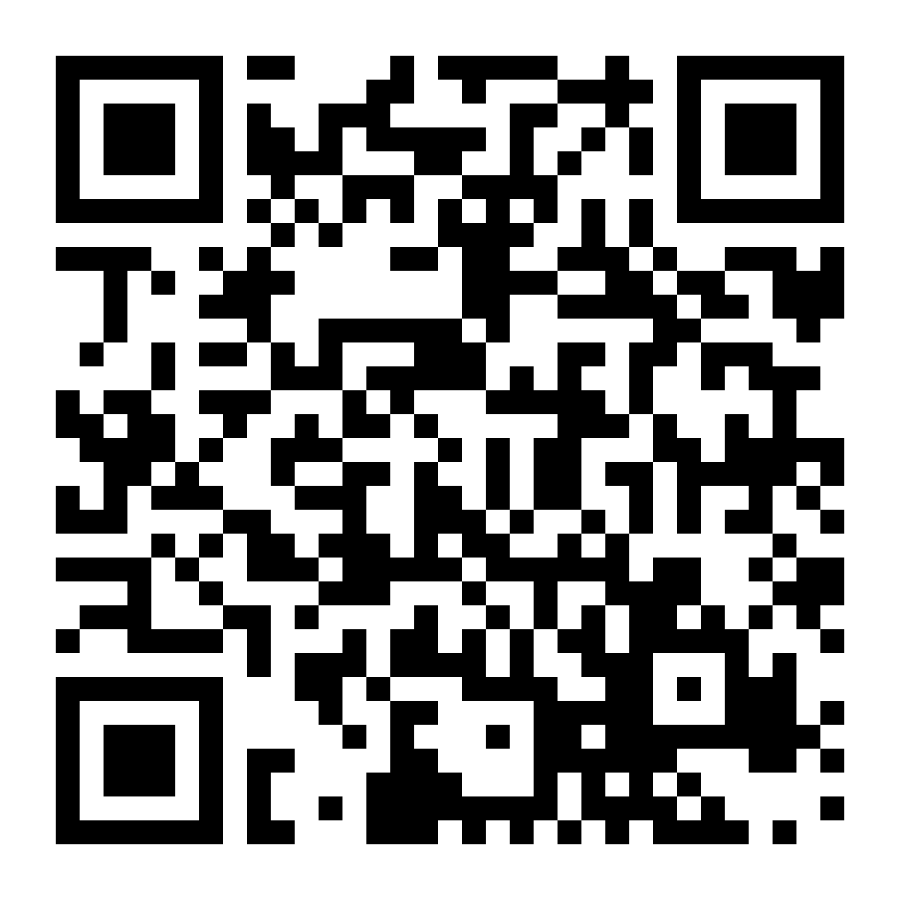8 Remote Work Red Flags To Look Out For As A Newbie
If you’re just getting into the remote work landscape, you need to know some of the popular red flags you will encounter and how to avoid them.

The growth of remote work over the years has had a positive effect on the global workforce. Remote work presents more opportunities for global companies to minimise operational costs while employing the best talents from all over the world.
However, for the talents, remote work can come with a lot of skeletons in its cupboard, especially for newbies. If you’re just starting out your remote work journey, it is important to be aware of these gremlins and how to identify them in order to avoid trapping yourself in a difficult situation early in your career.
In this blog post, we'll explore eight key red flags to look out for as a newbie in the remote work landscape, helping you make informed decisions about your career path.
1. Lack of Clear Communication
Effective communication is the backbone of any successful remote team. If you notice that your potential employer has vague or inconsistent communication practices, it could be a significant red flag. Here are a few signs to look for:
Unclear expectations regarding your role and responsibilities.
Infrequent updates or feedback from management.
Difficulty in reaching out to team members for assistance.
In a remote setting, you should have access to the information you need to perform your job well. If communication feels disjointed or unclear, it might indicate deeper issues within the organization.
2. High Employee Turnover
When a company experiences high employee turnover, it often points to problems within the organization. If you notice that many employees have left the company recently or that the team is perpetually new, it’s a red flag. High turnover can indicate:
Poor management practices.
Unrealistic expectations placed on employees.
A toxic work environment.
Take the time to research the company’s history and ask current employees about their experiences. If they’re reluctant to discuss their tenure or if they mention a lot of recent departures, it might be wise to reconsider.
3. Unclear Work-Life Balance
One of the main advantages of remote work is the ability to maintain a healthy work-life balance. However, if a company glorifies constant availability or expects you to work outside of standard hours, it can lead to burnout and resentment. Look for signs such as:
Mandatory late-night meetings or weekend work.
Pressure to respond to messages immediately, regardless of the time.
Unwritten rules about being ‘always on’.
As a newbie, it's crucial to establish boundaries early. If the company culture doesn’t support work-life balance, it might be best to look elsewhere.
4. Lack of Resources and Training
Starting a new job often comes with a learning curve, especially in a remote setting. If you find that the company offers little to no training or resources to help you succeed, it can be a significant red flag. Signs to watch for include:
No onboarding process for new hires.
Lack of access to tools that facilitate productivity.
Insufficient support for problem-solving.
Successful remote teams invest in their employees' development and provide the necessary resources for them to thrive. If you feel left in the dark during the hiring process, consider it a warning sign.
5. Disorganized Project Management
Remote work relies heavily on effective project management tools and practices. If you notice that the company lacks a clear project management system or that tasks are poorly organized, it can lead to confusion and frustration. Red flags may include:
No defined workflows or processes.
Frequent changes in project direction without clear communication.
Inconsistent tracking of deadlines and deliverables.
Before accepting a position, ask about the tools and processes used for project management. A well-organized team will have clear protocols in place to keep everyone on track.
6. Negative Company Culture
Company culture plays a significant role in your work experience. If you’re sensing negativity or a lack of camaraderie during your interactions with potential colleagues, it’s worth taking note. Signs of a toxic company culture may include:
Negative comments about management or coworkers.
A lack of team-building activities or social interactions.
Frequent complaints or rumors about workplace issues.
Pay attention to how employees interact with each other during interviews or casual conversations. A positive, supportive atmosphere is crucial for a productive remote work experience.
7. Overemphasis on Micromanagement
While some oversight is necessary, excessive micromanagement can stifle creativity and hinder productivity. If you sense that the company has a culture of micromanagement, it could lead to frustration and a lack of autonomy. Look for these signs:
Management requires constant updates on your tasks.
Employees are discouraged from taking initiative.
There’s an overall lack of trust in the team’s capabilities.
As a remote worker, you should feel empowered to take ownership of your work. If you feel like you’re being watched too closely, it might be a sign to consider another opportunity.
8. Unclear Compensation and Benefits
Before accepting a job offer, clarity on compensation and benefits is crucial. If the company is vague or evasive about salary, bonuses, or benefits, it could be a significant red flag. Signs to watch for include:
Failure to provide a clear salary range during the hiring process.
Vague descriptions of benefits without specifics.
Unexplained delays in salary negotiations or discussions.
Make sure you have a clear understanding of your compensation package before accepting an offer. If the company is not transparent, it may indicate future issues with pay and job satisfaction.
Conclusion
Starting a remote job can be an exciting journey, but it’s essential to be vigilant about the potential pitfalls. By recognizing these eight red flags, you can better navigate the remote work landscape and ensure you find a position that aligns with your skills and values.
Remember, a successful remote work experience begins with a solid foundation of communication, support, and a positive company culture. Good luck on your remote work journey!
